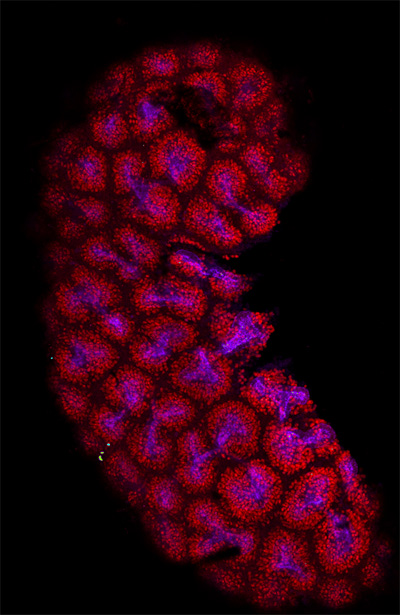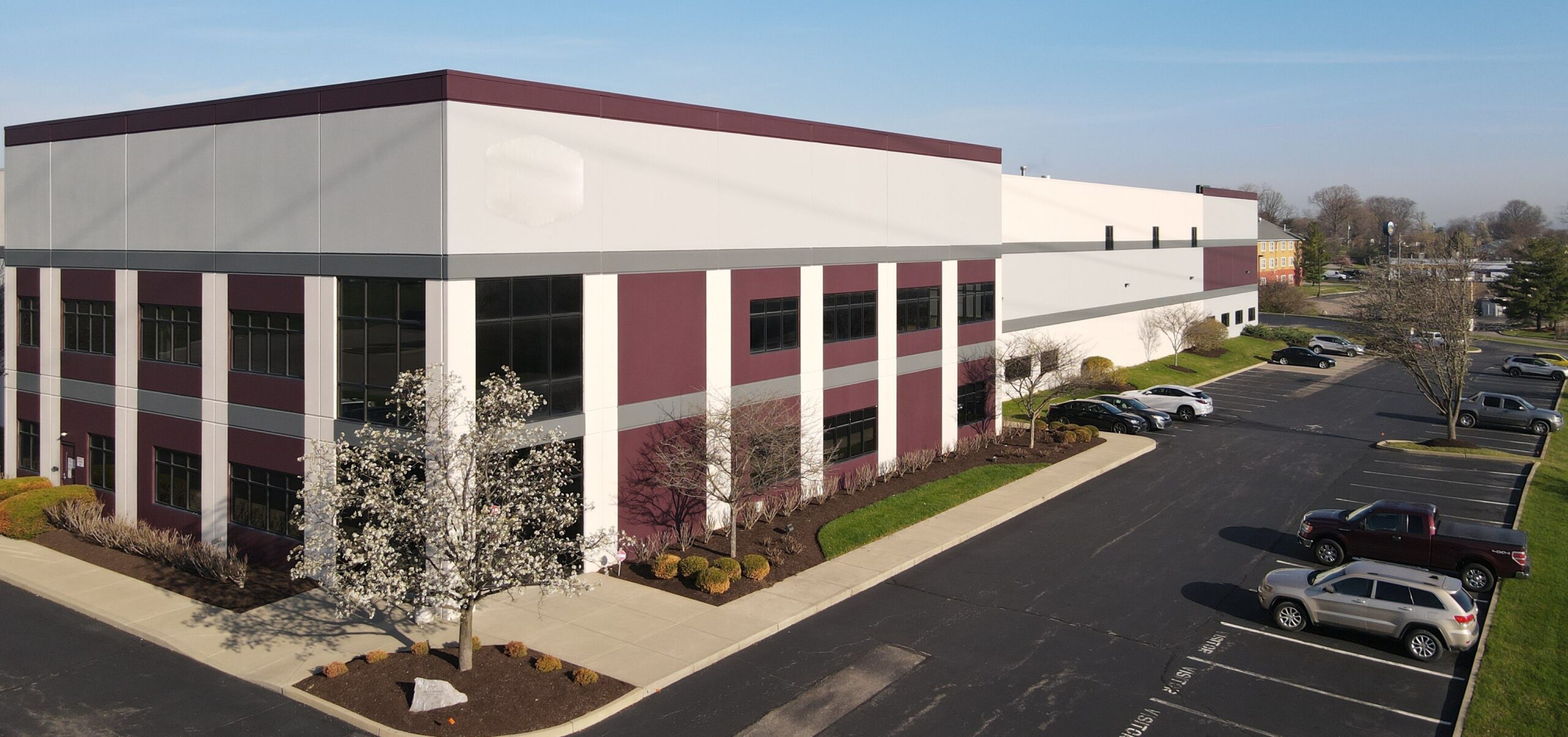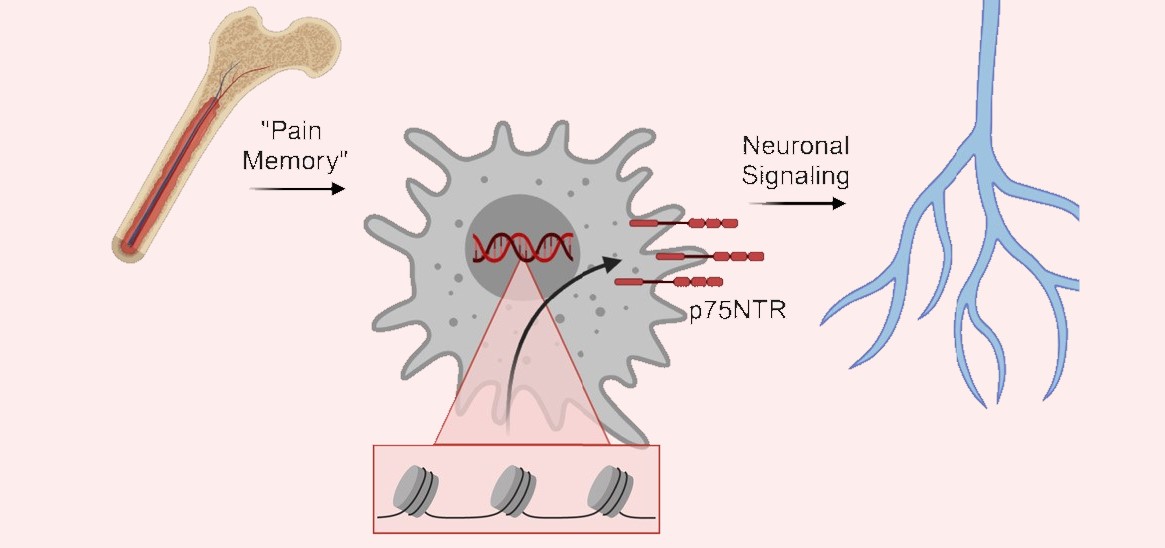Can the Kidney Development Window be Propped Open for Preterm Infants?
Research By: Raphael Kopan, PhD
Post Date: June 30, 2019 | Publish Date: May 21, 2018

A study from scientists at Cincinnati Children’s reveals a potential mechanism that eventually might help preterm babies extend a crucial nephron development window and reduce their risk of kidney disease later in life.
Nephron formation occurs between weeks 25 to 36 of gestation, a process that can be interrupted by preterm birth. Now, in findings posted online, May 21, 2018, in PNAS, a research team led by Raphael Kopan, PhD, Director, Developmental Biology, reports that a protein called hamartin plays a central role in shutting down the nephron formation process.
Until now, this protein was known primarily as a factor involved in tuberous sclerosis complex. When mice were bred to produce reduced hamartin levels, their kidneys developed 25 percent more nephrons than a control group. However, when bred to produce no hamartin, the mice developed fatal kidney defects.
At first glance, the findings suggest targeting hamartin to protect kidney development. However, in people, that could increase tuberous sclerosis risk. “We are hoping that the mechanism hamartin acts through to regulate nephron numbers will contain druggable targets,” Kopan says.
| Original title: | Hamartin regulates cessation of mouse nephrogenesis independently of Mtor |
| Published in: | PNAS |
| Publish date: | May 21, 2018 |
Research By







